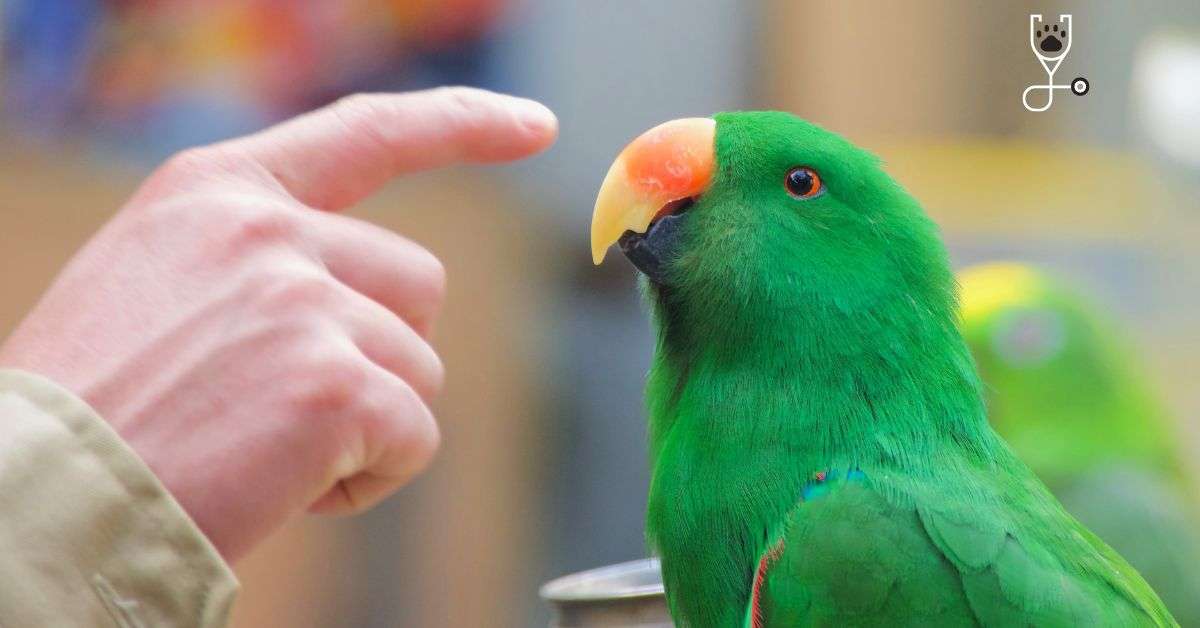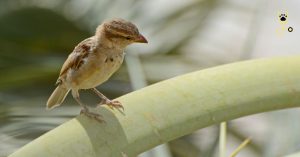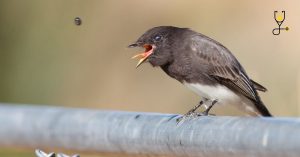When you get a new Quaker Parrot, the first thing you want to do is figure out what it’s trying to tell you. These adorable little birds have a lot of personalities and they love to communicate with their owners. In order to have a healthy, happy relationship with your Quaker Parrot, you need to learn about its behaviors and what they mean.
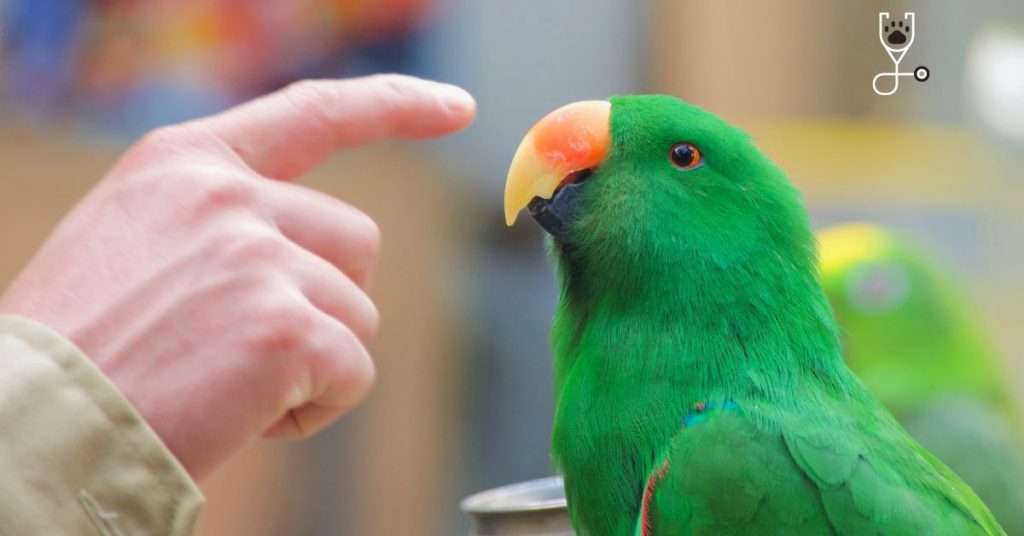
This article will help you do just that! We’ll discuss common Quaker Parrot behaviors and what they may mean for your bird’s health. So, whether your parrot is acting tame or wild, sociable or aloof, there’s something for everyone here! Keep reading to learn more about your furry friend.
About Parrots: Top 10 Best Talking Parrots
Help, My Parrot Bites
Parrot biting can be a serious problem. It is the most often cause for a person to regime their pet bird. So it is also a behavior that needs to be addressed immediately. There are several reasons that a bird can start biting, so it is vital to identify why your bird has started this Behavior. Four of the most common reasons are:
Stress: your bird is under stress
Pain: your bird is in pain
Bored: your bird is bored
Feeling Threatened: your bird feels threatened
If you can identify the reason for the biting, you can take steps to address the issue. For example, if your bird is under stress, you can try to provide more perches and toys to help keep them occupied. If your bird feels threatened, you can try to make its environment more predictable and safe. In any case, it is important to consult with an avian veterinarian or behaviorist to help you create a plan to address your bird’s biting behavior.
Read More: How to Maintain Your Parrot’s Nails (Dremel vs. Nail Clipper).
My Parrot Speaking Loud
Parrots are very social creatures and use vocalization as one of their main means of communication. In the wild, they live in flocks and communicate with each other constantly, so it’s no surprise that they want to do the same in our homes. When we adopt a parrot, we become their flock and they will try to communicate with us in the same way.
This can be a problem, however, when our pet becomes excessively loud or screams. While it’s natural for them to make noise, it’s important to teach them that there is a time and a place for it. Otherwise, we may find ourselves constantly trying to shush our noisy feathered friend.
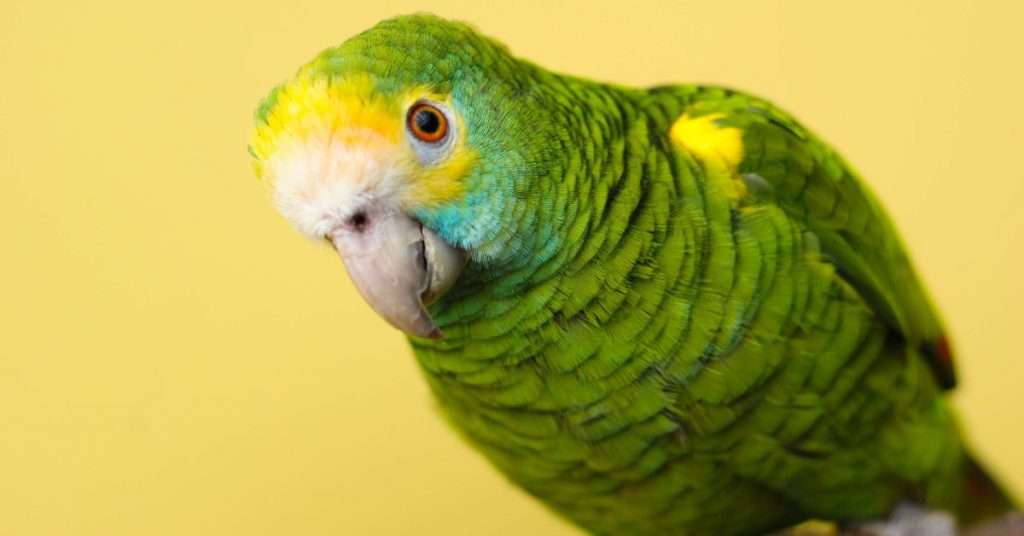
Special Tips: For Reducing Noise
Some Tips to Considered:
- Place the bird’s cage in an area away from high traffic areas in your home to reduce stress levels.
- Don’t place the cage near windows where outside noise can trigger your parrot to vocalize more.
- Provide your parrot with ample toys and perches to keep them occupied so they don’t get bored and start vocalizing out of frustration.
- Consult with an avian veterinarian or behaviorist to help you create a plan to address your bird’s excessive vocalization.
A Routine to Calm Your Quaker
Any pet owner knows that routine is important for the health and happiness of their animal companion. For Quakers, a regular schedule can help to reduce stress and promote a sense of calm. Observing your Quaker’s natural habits will give you a good sense of what routines will work best for them.
For example, many Quakers enjoy taking a dust bath prior to going to sleep. This simple activity helps to remove impurities from their feathers and relaxes them for the night ahead.
Other Quakers may enjoy taking a few minutes to nibble on some fresh fruit or vegetables before bedtime.
Providing your Quaker with a calming routine will not only help them to stay healthy and relaxed, but it will also deepen the bond between you and your feathered friend.
Learn More: How to Be Prepared for Emergencies With Your Parrot
Feather Plucking
Feather plucking is a common problem among Quaker parrots. The act of preening and pulling out broken or damaged feathers is a natural behavior for these birds, but excessive plucking can be a sign of something much more serious.
Excessive feather plucking is usually identified by the presence of bald spots on the bird’s body, particularly in the chest area. There are many possible causes of this behavior, including boredom, stress, and illness.
If you suspect that your bird is plucking excessively, it is important to take them to a veterinarian for a check-up. Only a professional can properly diagnose the cause of the problem and recommend the best course of treatment.
Read More: What to Do If Your Parrot Has a Broken Blood Feather.
Why Do They Feather Pluck?
When a pet bird begins feather plucking, it can be a frustrating and baffling experience for the bird’s owner. While there are many potential causes of feather plucking, there are a few common reasons why birds may engage in this behavior.
stress or boredom: First, plucking may be a response to stress or boredom. If a bird feels unsafe or unhappy in its environment, it may begin plucking out its feathers as a way of dealing with these negative emotions.
nutritional deficiencies: Additionally, birds may also pluck as a result of nutritional deficiencies or hormonal imbalances. If a bird is not receiving the proper nutrients or is experiencing an imbalance of hormones, it may begin plucking in order to relieve these problems.
enjoy sensation: Finally, some birds may pluck simply because they enjoy the sensation. While this may seem strange to humans, some birds find the act of plucking soothing or pleasurable.
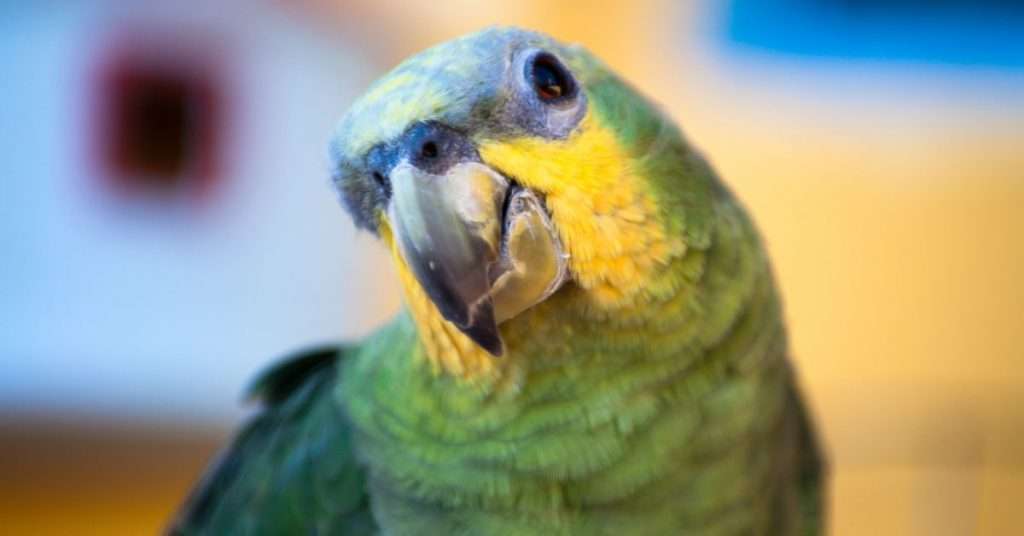
Is Your Bird Bored?
Boredom is one of the most common causes of feather plucking in pet birds. These intelligent creatures need stimulation and Variety in their lives, or they will become bored and restless.
The good news is that there are a variety of ways to keep your bird entertained. Here are a few ideas:
Provide ample toys: Make sure your bird has plenty of toys to play with. Rotate these toys regularly to keep your bird’s interest peaked.
Interact with your bird: Spend time interacting with your bird every day. This can include playing games, teaching tricks, or simply talking to them.
Take them out of the cage: Allow your bird to spend time outside of their cage every day. This will give them a chance to stretch their wings and explore their surroundings.
By providing your bird with ample stimulation, you can help to prevent feather plucking due to boredom.
Learn all you need to know about birds – A complete guide.
The Bottom Line
No matter what the cause of your bird’s feather plucking, it is important to seek professional help. Only a veterinarian can properly diagnose the problem and recommend the best course of treatment.

